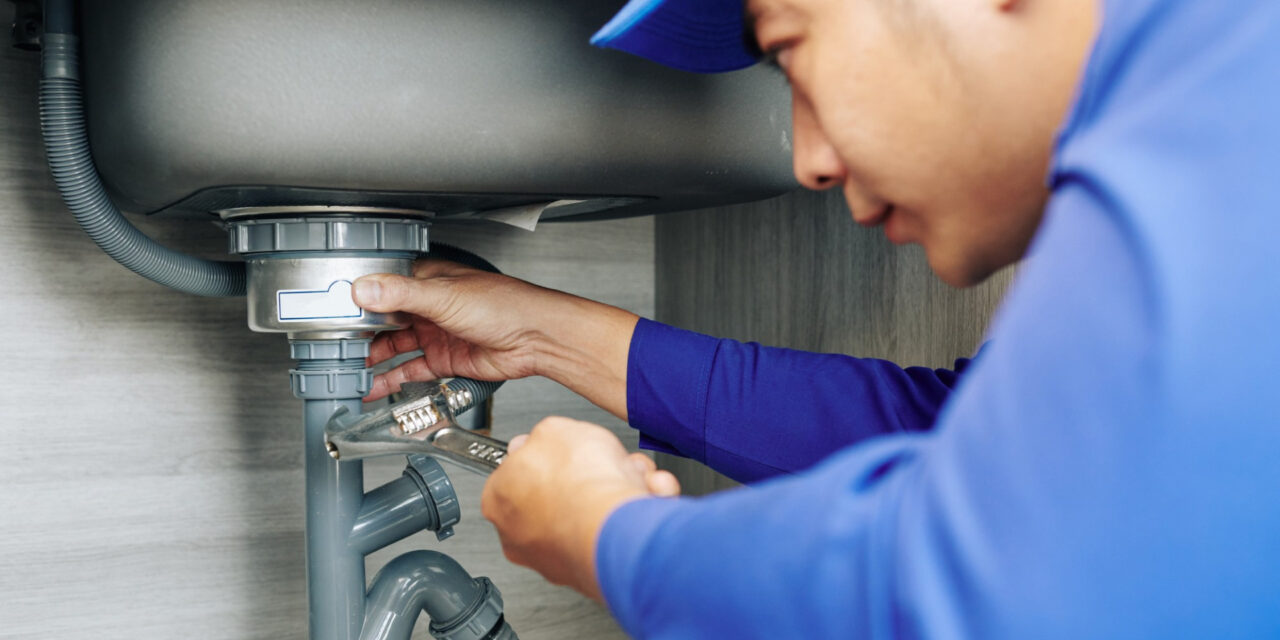Detect Hidden Water Line Leaks: 6 Ingenious Detection Tips
Detect Hidden Water Line Leaks: 6 Ingenious Detection Tips
Blog Article
The content down below relating to Leaking water lines is exceedingly motivating. Check it out for yourself and see what you think of it.

Early discovery of dripping water lines can reduce a prospective disaster. Some tiny water leaks may not be noticeable.
1. Check Out the Water Meter
Every house has a water meter. Inspecting it is a guaranteed manner in which aids you uncover leakages. For starters, turn off all the water sources. Make sure no person will certainly purge, make use of the tap, shower, run the washing machine or dishwasher. From there, go to the meter and also watch if it will transform. Since no one is using it, there ought to be no motions. If it relocates, that shows a fast-moving leak. If you spot no changes, wait a hr or two and check back once again. This means you may have a slow-moving leak that can also be below ground.
2. Check Water Intake
If you detect unexpected changes, regardless of your usage being the same, it suggests that you have leakages in your plumbing system. A sudden spike in your costs indicates a fast-moving leak.
A steady boost every month, even with the exact same habits, reveals you have a slow leakage that's likewise gradually escalating. Call a plumber to completely examine your property, specifically if you feel a cozy location on your floor with piping beneath.
3. Do a Food Coloring Test
When it comes to water usage, 30% comes from commodes. If the color somehow infiltrates your dish during that time without flushing, there's a leak in between the container as well as dish.
4. Asses Exterior Lines
Don't forget to check your outdoor water lines as well. Ought to water permeate out of the connection, you have a loose rubber gasket. One little leak can throw away bunches of water and increase your water costs.
5. Evaluate and Examine the Scenario
Property owners should make it a habit to inspect under the sink counters as well as also inside cabinets for any kind of bad odor or mold and mildew growth. These two warnings show a leak so prompt attention is called for. Doing routine examinations, even bi-annually, can conserve you from a significant issue.
Examine for stainings as well as deteriorating as many devices as well as pipes have a life expectancy. If you suspect leaking water lines in your plumbing system, do not wait for it to intensify.
Early detection of leaking water lines can reduce a possible catastrophe. Some little water leakages may not be noticeable. Checking it is a proven means that helps you uncover leaks. One tiny leakage can lose heaps of water as well as spike your water costs.
If you presume leaking water lines in your plumbing system, do not wait for it to escalate.
How to Know If Your Home Has a Hidden Leak
Water Meter Reveals Inexplicable Water Usage
If you’d like to test whether or not there’s a leak somewhere in your home, you can do this using your water meter. Here is how to conduct the test:
Don’t use any water in your home for at least 30 minutes; this also means not turning on faucets or water-using appliances.
Go outside, and check your water meter for activity.
If your water meter shows that there was activity, even though no one was using any water, this proves that there is a leak in your home.Visible Mold or Mildew Growth
Leaks behind walls create moist, dark environments that allow mold and mildew to grow and thrive. Eventually, you might see mold growth forming on the wall closest to a hidden leak.
If mold is growing in an area that receives a high amount of moisture, such as a bathroom, it may simply be an indication that better ventilation is needed. However, if you see mold growth on a wall or the ceiling in an area where you would not expect, you probably have a hidden leak.
Musty, Mildew Odor
Sometimes you might not be able to see the mold or mildew that is growing as a result of a leak. However, the smell can give the problem away just as easily. If you catch a whiff of something musty, there’s a good chance that old water is collecting somewhere in your home that you can’t see.
Stained/Warped Walls, Ceilings, or Floors
When your home soaks up water, a variety of red flags can become visible, including ceiling stains, bubbling drywall, warped walls, and sagging floors. While these issues can be caused by excess humidity, they can also be signs that a pipe or plumbing connection has started leaking behind your walls.
Inexplicably High Water Bill
After a while, you get a general sense for what your water bill should be. If you own a pool or sprinkler system, your bill will tend to be higher during summer. However, if you receive a water bill that seems especially high, and you can’t figure out what caused it, then you may have a hidden leak somewhere that’s increasing your bill.
https://www.plumbingjoint.com/blog/2019/july/how-to-know-if-your-home-has-a-hidden-leak/

We had been introduced to that article on Leaking water lines from someone on another web blog. In case you appreciated our article if you please don't forget to pass it around. Thanks for taking the time to read it.
For true quality, dial! Report this page